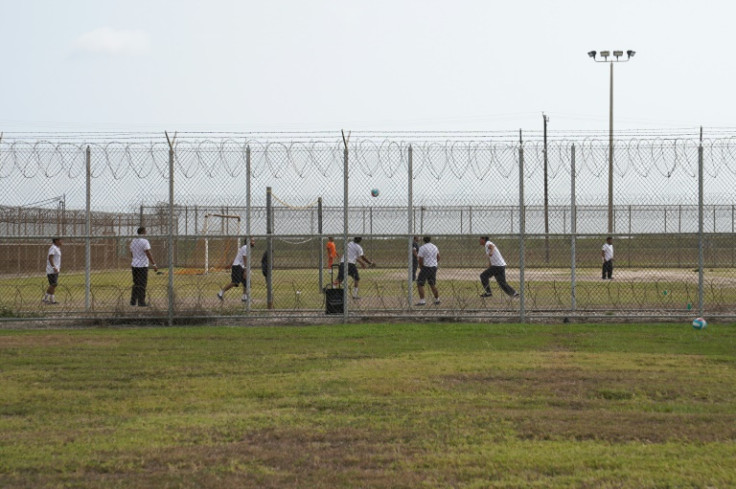
A new policy analysis from the Cato Institute, which compared illegal immigrants and native-born Americans, has found that the former was 26% less likely to be convicted of homicide in Texas.
From 2013 to 2022, the homicide conviction rates in Texas were 2.2 per 100,000 for illegal immigrants, 3 per 100,000 for native-born Americans and 1.2 per 100,000 for legal immigrants, as per the study.
This trend continued in 2022, as the homicide conviction rates were 3.1 per 100,000 for illegal immigrants, 1.8 per 100,000 for legal immigrants and 4.9 per 100,000 for native-born Americans.
After California, Texas has the second-largest illegal immigrant population. Also, Texas has no state income tax, great food and good housing policies, making it valuable for social scientists studying illegal immigrant criminality.
It is not certain if the low crime rates for illegal immigrants in Texas apply to all other states. There might be a few states where illegal immigrants have higher crime rates than native-born Americans, but the trend in Texas likely reflects what happens in most states.
The former attorney general of Virginia Ken Cuccinelli -- who also served in various capacities at the Department of Homeland Security -- submitted testimony to Congress about the impact of illegal immigration on crime, saying, "Crime rates do not matter, only the raw number of crimes and the harm caused by those crimes."
Illegal immigrant criminality is a hot topic in the U.S. immigration policy debate, and it is expected to come up in Thursday's presidential debate between President Joe Biden and former President Donald Trump.
Earlier this month, the Department of Homeland Security Inspector General stated in a report that DHS has not been effectively screening and checking non-citizens and asylum seekers who were coming to the United States.
U.S. District Court Judge Stephen Locher issued the preliminary injunction last week, allowing local authorities to arrest and file charges against immigrants in the state, who have outstanding deportation orders or who had been denied entry to the U.S. in the past.
© 2025 Latin Times. All rights reserved. Do not reproduce without permission.







